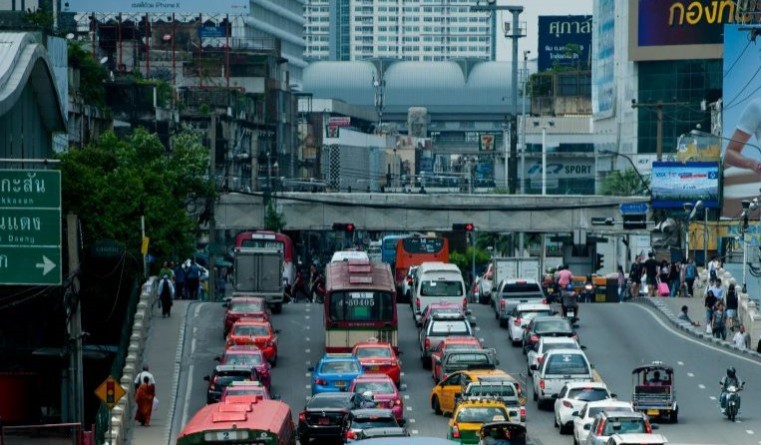Thailand releases statistics on IP infringements
22 August 2024

Statistics on the suppression of intellectual property infringements in the first half of 2024 have been released by the Ministry of Commerce’s Department of Intellectual Property (DIP). Under the Trademark, Copyright and Patent Act, 747 cases of intellectual property infringement were prosecuted, and 1,723,914 counterfeit goods were seized.
The number of products confiscated increased by 33.73 percent over the same time last year despite a 20.19 percent decrease in instances.
The DIP cracked down on intellectual property infringement, especially counterfeit items stored in big warehouses before being disseminated to smaller merchants and online sales, in collaboration with the Royal Thai Police, the Internal Security Operations Command (ISOC), the Customs Department, and the DSI.
Under the direction of Deputy Prime Minister and Minister of Commerce Phumtham Wechayachai, the Foreign Trade Department has been aggressively tackling the issue of low-quality and inexpensive imported goods.
Thirty business organizations from the Thai Chamber of Commerce, the Board of Trade of Thailand, the Federation of Thai Industries, and other associations met with Ronnarong Phoolpipat, the director-general of the Ministry of Foreign Trade, on August 16, 2024. The main topics of discussion were how Thai small and medium-sized enterprises (SMEs) compete with international products and how imports affect Thai businesses.
Plastics, clothes, presents and souvenirs, stationery and office supplies, air conditioning, steel, equipment and metalwork, ceramics, granite and marble, cosmetics, food supplements, and furniture were among the goods that were mentioned.
Understanding the import market and the rivalry between Thai and international goods was one of the goals, along with gathering ideas and suggestions for how to make local products more competitive in terms of both price and quality.
Concerns over the total impact on consumer products, services, and investment were voiced by business people. They included issues including low-quality and inexpensive goods, border crossings, fraudulent product claims and the entry of foreign businesses into Thailand that don’t help the nation or Thai customers.
- Excel V. Dyquiangco






